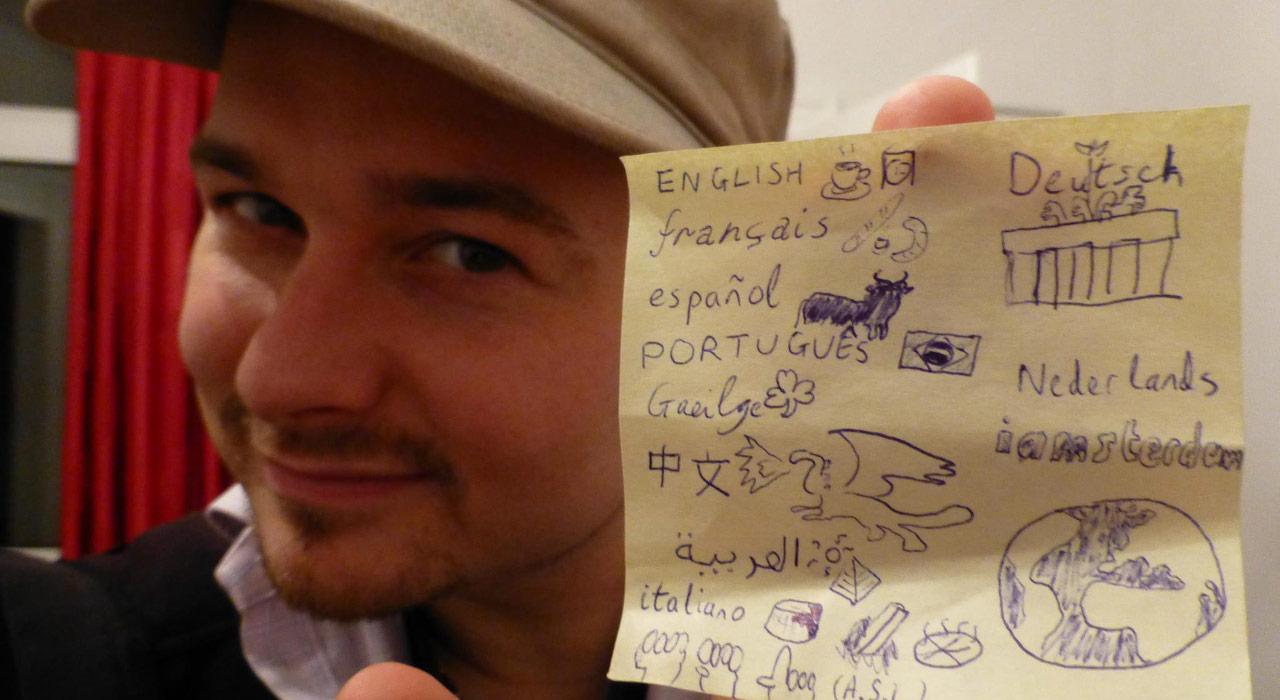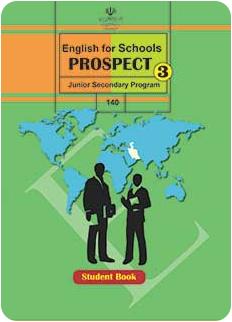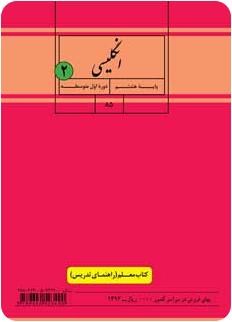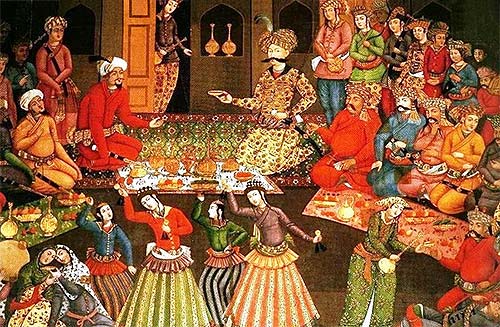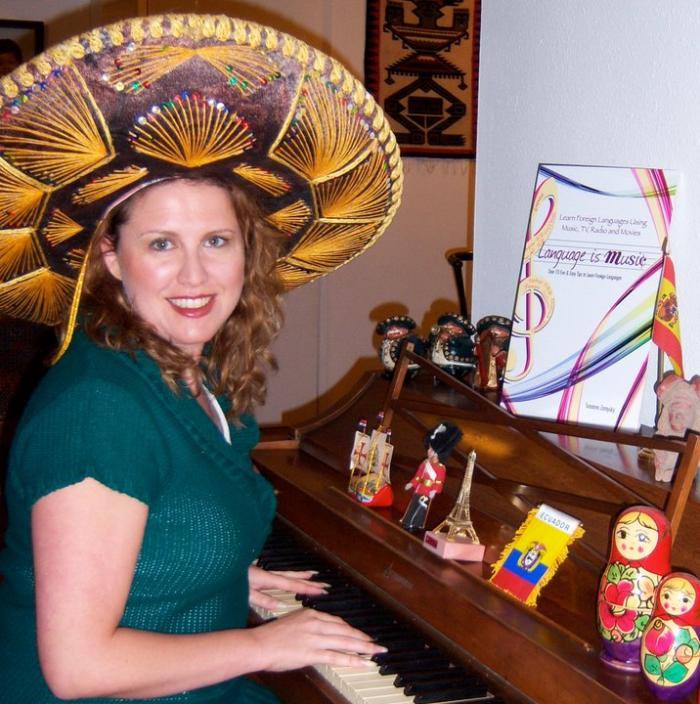
5inspiring polyglots share their language learning secrets

In recent years, there have surfaced a number of “hyper-polyglots” – people who can speak a large number of languages – on YouTube and other social media. There are plenty of videos of these guys speaking 8 different languages in one conversation. Pretty impressive, I’m sure you’ll agree. Fortunately for us, they are also very forthcoming with their advice about how to learn languages.
I asked a selection of polyglots three simple questions about language learning, and had a few interesting replies…
Luca Lampariello

What’s the biggest myth you would like to dispel in language learning?
There are quite a few myths to dispel, but I would say that the biggest one is the idea that language learning is hard, and that one needs to live in-country to learn a language well. Acquiring a foreign language is made difficult because it is often tackled with wrong methods and above all, the wrong mentality. The truth is that language learning is a long road, but it is not difficult. It is in fact a holistic process that one has to embrace in a natural and progressive way. Languages are not something one should study, but rather live, breathe and enjoy. This is even more evident in the internet era, where one can literally create a language bubble around him/her.
What is your favourite single language learning technique/activity?
There are quite a few things I enjoy when learning a language, but it depends on the “phase” or stage I find myself in. When I start learning a language, I use a bidirectional translation technique through which I decipher/figure out the patterns of a language. It is an incredibly effective way to “crack the code”. Once I have built a foundation, I enjoy speaking with people, on skype as well as in real life, to “mould” the knowledge that I have been accumulating. Human contact is key to learning a language, and we never have to forget that we acquire languages by wanting to communicate with other human beings. This is the moment where one’s language skills really start taking off.
What is one thing you wish you had known/done when you started out learning languages?
I wish I had known that language learning happens for real when emotions and people are involved. Books are a great way to start learning a language, but one never really learns a language by himself/herself. People who reach genuine fluency in any language have had life experiences, have lived it through and with other people. One piece of advice I always give is: learn how to use 1 or 2 books for a relatively short period of time, then put them aside and embrace a certain lifestyle. Contact with people is what really makes a difference in the long run, no matter how many books you use.
Luca Lampariello runs The Polyglot Dream, where he regularly posts his language learning tips (he’s amazingly fluent in Spanish, among other languages…) and inspiring stories.
Sam Gendreau

What’s the biggest myth you would like to dispel in language learning?
That somehow you can’t learn a language past a certain age; what a ridiculous idea. This myth somehow presupposes that you either become too dumb to learn any kind of skill as you grow older, or that learning a language is some kind of race. I think that seen from this perspective, many people would realize that anybody of any age can learn a language if they’d like to.
I’ve never heard once somebody tell me “I’m too old to learn how to play cards” or “I’m too old to learn how to bake cookies.” Yes, some things become less and less easy as you grow older, but it’s all about the enjoyment that you get from doing a certain activity, as well as pushing your own limits and setting your own goals. If you like what you do, and you focus on doing a little progress every day or week, you’ll get where you want to be eventually.
What is your favourite single language learning technique/activity?
I love to listen to podcasts, interviews, audiobooks or even music in my target language while walking or driving. This makes efficient use of my time and I don’t feel like I’m making any particular kind of effort. It’s an easy routine to follow and I draw tremendous benefits from it.
What is one thing you wish you had known/done when you started out learning languages?
I wish I had known that consistency is key to everything. You know, developing habits and doing a little bit of language learning every day. I think that people underestimate the power of very short bursts of study time repeated consistently over longer periods of time. Even if it’s as little as 5 or 10 minutes a day, at the end of the year you’ll really see a difference. Motivation is also not something that is constant, very far from it. It goes through troughs and ridges, over and over again. By doing at least a tiny little bit every day, you can make sure you progress nevertheless and you don’t give up.
Sam Gendreau runs Lingholic, where he offers up a wide array of language learning advice.
Olly Richards

What’s the biggest myth you’d like to dispel in language learning?
The language learning world is full of myths which deserve to be bust wide open, such as the insistence on studying grammar, or the idea that you need a special talent to learn languages. But the thing which I’ve seen as being most harmful to individuals is the pursuit of the “best method”. Questions like “what method should I be using?” are destructive for two reasons. Firstly, there is no best method, only the method that works best for you. Secondly, every hour you spend watching language videos on YouTube or reading blog posts about some special method, is an hour not spent actually getting on with the business of learning a language.
What is your single favourite language learning technique/activity?
Speaking with a native speaker. For me, as someone who enjoys communicating in another language more than anything else, it’s speaking which gets me excited, teaches me new words, lets me experiment with language and, most importantly, makes me want to come back again tomorrow.
What is one thing you wish you had known/done when you started out learning languages?
The importance of time and routine. Time, because it’s too easy to get frustrated with lack of progress, when all that’s really needed is time (weeks and months) for your brain to process and make sense of new information in the background. Routine, because, more than any special method, it’s your simple, daily language learning routine that will bring you the big results over time.
Olly Richards gives honest advice and practical tips for language learners at I will teach you a language. He speaks seven languages at the moment and has forgotten a couple of others!
Randy Hunt

What’s the biggest myth you would like to dispel in language learning?
This is an excellent question! In my opinion, the biggest myth in language learning is right there in the phrase itself: the word learning. Language is not a fact. It is not some set of information to be taught or memorized. Language is a skill, and as such it must be acquired.
Learning to speak or understand a foreign language is like learning to play a guitar, or learning to throw darts, or learning to be a chef. Sure, there are bits of information to pick up along the way, but they are not things to commit to memory. Language use happens in a completely different part of the brain than memory. Using a language is a behaviour. It’s interaction, repetition and refinement. It’s constantly “failing forward”.
People think they know how to learn. When you see/hear the word learning, your mind instantly fills with images of classrooms, books, and flashcards, because those are the tools that modern society has imposed upon us for learning. But modern society measures the success of learning by way of tests and examinations — usually performed within a short time from when the information is first distributed. So these tools are only refined to give us a fairly good recall of facts from short-term memory; they do not actually impart any skill onto us!
So… the biggest myth in language learning is the word “learning” itself! We need to stop trying to learn languages, and start the enjoyable work of acquiring them.
What is your favourite single language learning technique/activity?
This one is simple. My absolute favorite language learning activity is talking to people! And it turns out, that’s pretty convenient, because that’s the whole reason we learn languages anyway, right? We learn the language in order to use it. And since language is a skill, the best way to learn it is by using it. Interact, refine, repeat.
I couldn’t begin to enumerate all the interesting words I’ve learned from books, web sites, studies, etc., of which I can’t remember any now. But everything I’ve learned in conversation has always stuck with me, because I don’t just have a word memorized, I have a context; I have the memory of where I was, who I was with, and what we were doing at the time when this new part of a language was bestowed upon me. I have a head full of fond memories, rather than boring facts.
What is one thing you wish you had known/done when you started out learning languages?
I first started out learning languages at a very young age, thanks to a very wonderful kindergarten teacher who taught us very little actual Spanish (one new word each day) but who forever implanted the thought into our young minds that foreign languages can be interesting, rather than scary. I can’t think of anything I wish I had known then, because I think the most important thing a person could want to know when they begin is the very thing that an amazing young teacher gave to me at an age early enough for it to do me the most good.
Randy is a traveller, software developer, and foreign language enthusiast who learns one new language every year. You can read more about it at Yearlyglot.
Donovan Nagel

What’s the biggest myth you would like to dispel in language learning?
I’d like to prove to people that it is not at all necessary to do tedious grammar study in order to become a fluent speaker of a foreign language. Many people are turned off language learning because they’re under the impression that it requires lots of memorization of tables and lists before being able to speak. Nothing could be further from the truth. You don’t need to study grammar to learn to speak a foreign language.
What is your favourite single language learning technique/activity?
Interaction with other human beings. Nothing accelerates and motivates my learning more than being surrounded by native speakers who force me to make hundreds of mistakes every day. Each one of those mistakes is a small stepping stone on my path to fluency and no amount of self-study compares to it. It’s usually mentally exhausting but also the most rewarding activity one can do.
What is one thing you wish you had known/done when you started out learning languages?
That languages are made up of prefabricated chunks which we all naturally acquire by enormous amounts of exposure throughout our lives. Pretty much everything we say in our first language is unoriginal – we piece together words, collocations, phrases and so on like linguistic lego blocks or puzzle pieces and because of the familiarity that comes from long term exposure we know when something fits or doesn’t fit. Second language acquisition should and indeed can be learned in much the same way without having to spend countless hours memorizing grammar rules. If I’d have known this 10 years ago then it would have saved me a lot of time I’m sure and spared me numerous failed attempts at learning other languages.
Donovan runs The Mezzofanti Guild, where he shares his enormous passion for language learning.
A huge thank you to Luca, Sam, Olly, Randy and Donovan for their inspirational advice!
Do you think they missed out on anything? Let us know in the comments below!
© Spanish Obsessed 2016
این مطلب در تاریخ: چهار شنبه 22 ارديبهشت 1390 ساعت: 20:50 منتشر شده است
برچسب ها : راه کار زبان آموزی,چند زبانه ها و اسرار کلیدی زبان آموزی,poly glots,polyglotism,


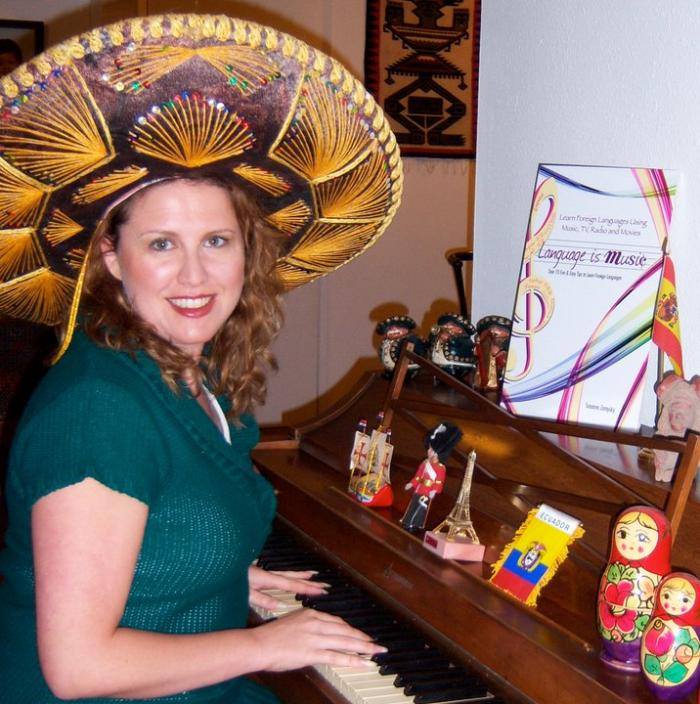
 1. “Make at least two hundred mistakes a day.”
1. “Make at least two hundred mistakes a day.”
